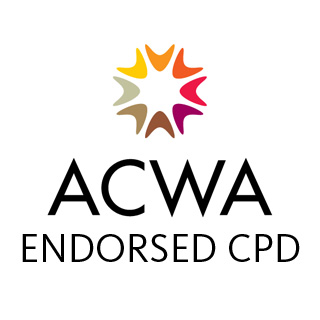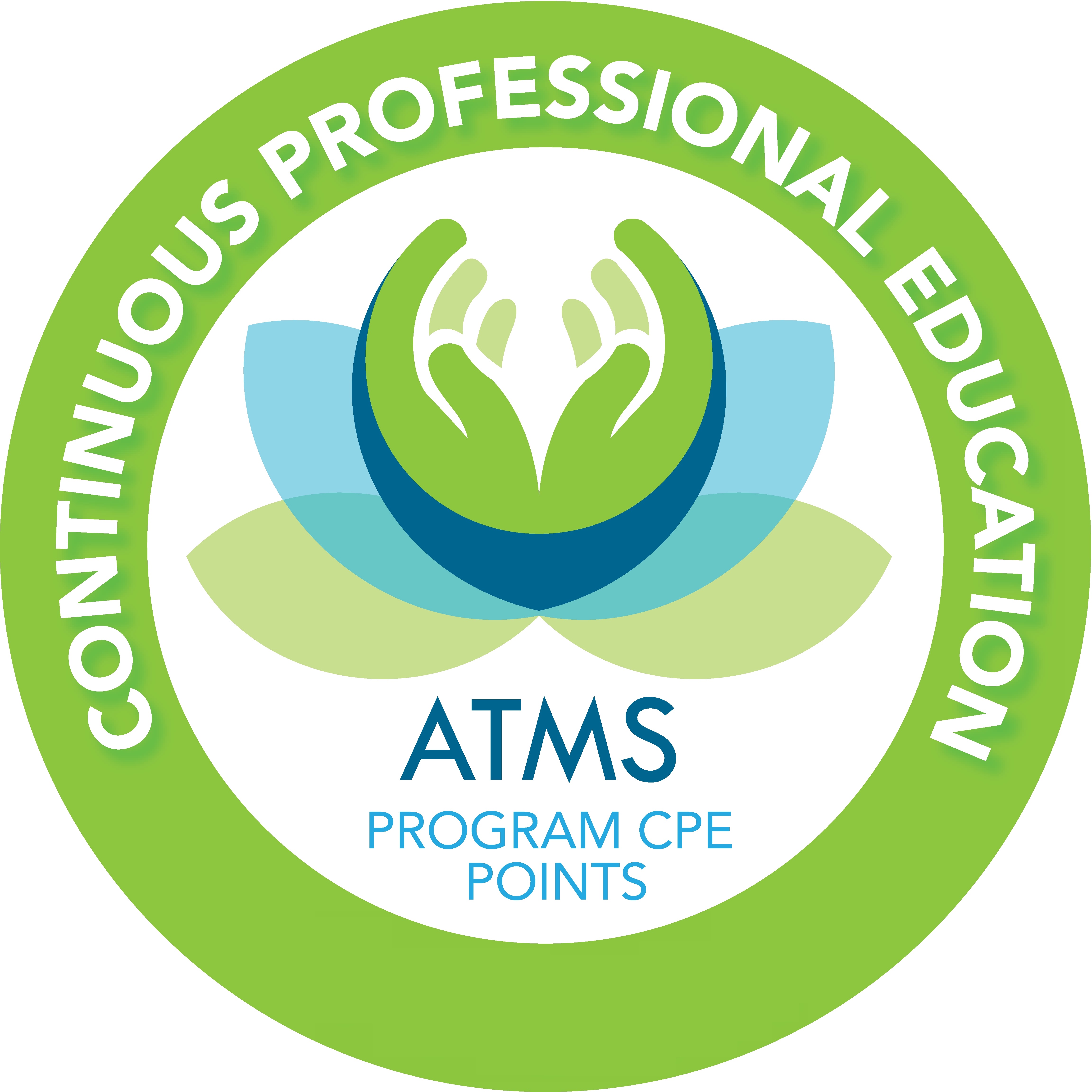Counselling
Vocational Courses
- Diploma of Counselling
- Diploma of Mental Health
- Diploma of Financial Counselling
- Certificate IV in Mental Health
- AIPC Upskill
Higher Education Courses
Community Services
Vocational Courses
- Diploma of Community Services
- Diploma of Youth Work
- Diploma of Alcohol and Other Drugs
- Certificate IV in Youth Work
- Certificate IV in Alcohol and Other Drugs
Higher Education Courses
Allied Health
Vocational Courses
- Diploma of Practice Management
- Certificate IV in Dental Assisting
- Certificate IV in Health Administration
- Certificate IV in Allied Health Assistance
- Certificate III In Dental Assisting
- Certificate III in Health Administration
- Certificate III Allied Health Assistance
- Certificate III in Individual Support
- More...
- Apply Online
Higher Education Courses
Education & Care
Vocational Courses
About
Networks & Resources
- Diploma of Practice Management
- Certificate IV in Dental Assisting
- Certificate IV in Health Administration
- Certificate IV in Allied Health Assistance
- Certificate III In Dental Assisting
- Certificate III in Health Administration
- Certificate III Allied Health Assistance
- Certificate III in Individual Support
- More...
- Apply Online
Home/ Upskill Courses / Working with Mental Health
UPSKILL MICRO-CREDENTIAL
Working with Mental Health (WMH)
The change in view from mental illness to mental health is only a recent one. Over history, people experiencing mental health issues were considered inferior, weak, inept and sometimes even dangerous, eliciting studies and ‘treatments’ at the time which are now considered to be inhumane. The change in language is a reflection of the separation of the person and the issue they are experiencing, and a way to demonstrate through language the move away from the medicalised view of illness and towards a recovery-oriented space, whereby the individual is believed to be able to recover and live an intentional meaningful life.
Varying mental health and mental health issues occur across the lifespan, and include difficulties which may not necessarily have a diagnosis or label attached when you work with a client. An individual’s mental health can fluctuate depending on many internal and external factors, and it is important that, as workers within the human services field, we remain cognisant of the likelihood that our clients will experience mental health issues at some time during our work with them.
Online, Self-paced
2 months (full time)
1 Unit


Why study an Upskill Micro-Credential
The world of work is changing. Upskilling, reskilling and agility is key to ensuring you or your organisation thrives in this ever changing, tech-focused decade. As the pace of change quickens, you and your workforce will need to learn new skills quickly to adapt and stay competitive.
Our micro-credential courses fill and advance critical areas of knowledge. They are deep-dive explorations into important topic areas that’ll advance your capacity at work and personally.
Our micro-credential courses are extremely applicable to people from all work and education backgrounds. Our courses cover diverse content areas relevant to an array of professional contexts.
We’re specialist educators in mental health with over 30-years’ experience. Our extensive experience provides us with a deep understanding of learner and market needs.
With so many demands on our time, it’s crucial that learning fits around our other commitments. That's why our micro-credential courses are self-paced and carefully designed to provide a rich, enjoyable learning experience.
Course Overview
This Upskill enables therapists to gain a deeper view of mental health and how it is conceptualised within the social services field.
This course has been specifically designed for helping professionals, building on your existing knowledge, skills and practical experience, and helping you develop understanding, techniques and strategies to assist you as you continue your professional journey.
The Course includes a Study Guide, a Book of Readings, and recorded webinars, and is completed through passing a multiple-choice assessment. The Study Guide will take you through the core content of the course, including information about mental health presentations within the field of human services, professional considerations, examples of practices for your work with clients, and more. These are supported by selected readings (all contained within the Book of Readings), each of which has been selected to expand or elaborate upon a particular area of knowledge or skill.
Upon completion of this course you will have:
Course Outline
This Course is divided into 4 Parts:
Traditional mental health models focus on the diagnosable ‘problem’, seeking to fix or treat an illness and delve into the pathology and origins of the person’s deficits. Although this medical model is extremely important in identifying specific medical interventions, it often perpetuates the idea that a person with mental health concerns is in some way flawed or deficient, and can significantly hamper the therapeutic relationship between client and provider.
In this part, we focus on strengths-based approaches to mental health issues. This is based on the belief that every individual has strengths and resources that they can utilize for their recovery. We look at the role the provider plays in this relationship, as well as how to work from a recovery orientation.
People who access support within the field of human services may often be vulnerable. There is a chance, that at that time, significant challenges might be presenting in their daily lives and as a result, they may be struggling to cope. People with mental health issues, even more so. The symptoms of a person’s mental health issue can influence their perceptions, cognitions and communication, this may make them highly susceptible to misinformation, unhealthy behaviours, damaging relationships and even abuse.
As practitioners, we must be mindful of the increased level of risk facing these individuals, their families and their communities, and be willing to identify and respond to these risks within a person-centred and strength-based framework.
Traditional mental health models focus on the diagnosable ‘problem’, seeking to fix or treat an illness and delve into the pathology and origins of the person’s deficits. Although this medical model is extremely important in identifying specific medical interventions, it often perpetuates the idea that a person with mental health concerns is in some way flawed or deficient, and can significantly hamper the therapeutic relationship between client and provider.
In this part, we focus on strengths-based approaches to mental health issues. This is based on the belief that every individual has strengths and resources that they can utilize for their recovery. We look at the role the provider plays in this relationship, as well as how to work from a recovery orientation.
People who access support within the field of human services may often be vulnerable. There is a chance, that at that time, significant challenges might be presenting in their daily lives and as a result, they may be struggling to cope. People with mental health issues, even more so. The symptoms of a person’s mental health issue can influence their perceptions, cognitions and communication, this may make them highly susceptible to misinformation, unhealthy behaviours, damaging relationships and even abuse.
As practitioners, we must be mindful of the increased level of risk facing these individuals, their families and their communities, and be willing to identify and respond to these risks within a person-centred and strength-based framework.
You have already enrolled into the Working with Mental Health Upskill Micro-credential.

30-Day Money Back Guarantee
If you're not satisfied we'll give you your money back.
Zero Risk
Your enrolment comes with a guarantee that empowers you to enrol risk-free. if, for any reason whatsoever you decide you do not want to proceed with your course within 30-day , we will give you a 100%, no questions asked, money back guarantee.
Frequently Asked Questions
Yes, we deliver micro-credential courses in a range of areas. Our micro-credentials are between 20 and 40 hours of deep, rich, learning in specific areas.
All micro-credentials lead to a Digital Badge and Certificate of Attainment. They are self-paced and assessed through multiple-choice.
Some of our micro-credential courses include Creative and Critical Thinking, Acceptance and Commitment Therapy, Working with Mental Health, Emotionally Intelligent Leadership, and many more. You can find a catalogue of all courses here: AIPC Upskill
Our AIPC Upskill courses are all micro-credentials, which means you receive a Digital Badge and Certificate of Attainment upon successful completion.
Our micro-credentials are between 20 and 40 hours of deep, rich, learning in specific areas.
Some of our micro-credential courses include Creative and Critical Thinking, Acceptance and Commitment Therapy, Working with Mental Health, Emotionally Intelligent Leadership, and many more. You can find a catalogue of all courses here: AIPC Upskill
No, anyone can enrol in an AIPC Upskill micro-credential course.
Our Upskill micro-credential courses are self-paced and online. Each courses includes a Study Guide, a Book of Readings, and recorded webinars; and are assessed through multiple-choice questions.
Our micro-credential courses are between 20 to 40 hours of learning.
Upskill micro-credential courses comprise multiple-choice, online assessments. For successful completion of an assessment, you are required to attain a minimum 65% pass rate. As the assessment is competency-based, if you don’t pass on your first try, you will have the opportunity to review and re-submit your answers (there are no re-attempt limits).
Upon completion of an Upskill micro-credential course you receive an electronic Certificate of Attainment and a Digital Badge. A Digital Badge is a form of Digital Credential (also known as ‘micro-credential’) that can be verified/validated online. A digital badge signals your achievement to potential employers and stakeholders, as they are able to verify your learning/skill acquisition outcomes in real-time, over the web.
A Digital Badge is a form of Digital Credential (also known as ‘micro-credential’) that can be verified/validated online. A digital badge signals your achievement to potential employers and stakeholders, as they are able to verify your learning/skill acquisition outcomes in real-time, over the web.
As Upskill micro-credential courses cover a variety of topics and are relevant to diverse professions, you should check the CPD requirements of your industry association.

30-Day Money Back Guarantee
If you're not satisfied we'll give you your money back.
Zero Risk
Your enrolment comes with a guarantee that empowers you to enrol risk-free. if, for any reason whatsoever you decide you do not want to proceed with your course within 30-day , we will give you a 100%, no questions asked, money back guarantee.
Students
About Us
Study Online
RTO Provider Number: 0670 | Institute of Higher Education: Provider ID PRV12083
CRICOS Provider Number: 04095M
Copyright © 2026 The Australian Institute of Professional Counsellors Pty Ltd.
Site by Greenhat - Web Design Brisbane
In the spirit of reconciliation, AIPC acknowledges the Traditional Custodians of country throughout Australia and their connections to land, sea and community. We pay our respect to their Elders past and present and extend that respect to all Aboriginal and Torres Strait Islander peoples today.




